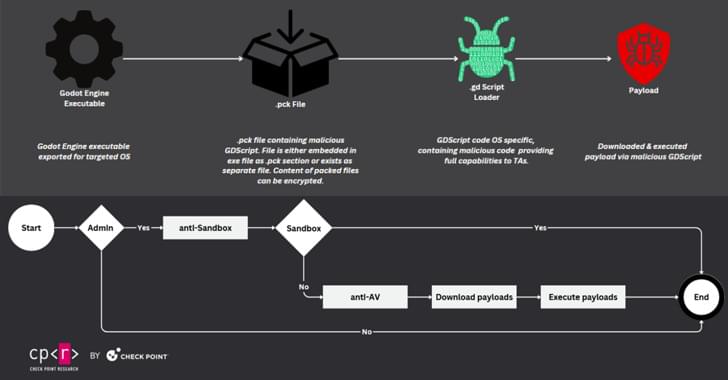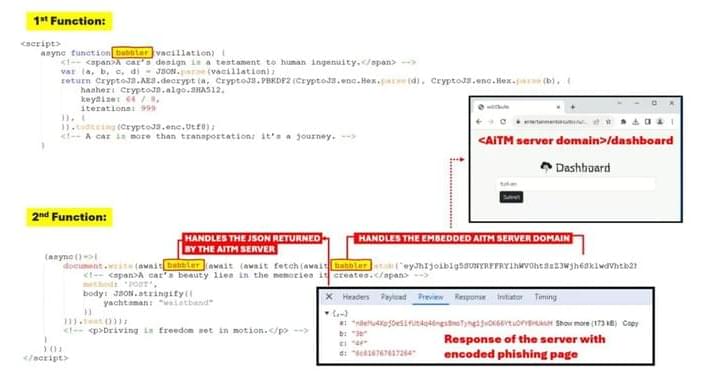Humanity’s quest for answers has a new ally: Google’s Willow chip — a quantum chip that outpaces the fastest supercomputers by septillions of years! Imagine solving problems regular computers take years for—like creating life-saving medicines, predicting weather, or designing tech we haven’t dreamed of yet. But with great power comes challenges: high costs, logistics, and even risks to cybersecurity. The quantum revolution has begun, but the big question is—how will we use this power? Palki Sharma tells you.
Google | willow | quantum chip | firstpost | world news | news live | vantage | palki sharma | news.
#google #quantumchip #willow #firstpost #vantageonfirstpost #palkisharma #worldnews.
Vantage is a ground-breaking news, opinions, and current affairs show from Firstpost. Catering to a global audience, Vantage covers the biggest news stories from a 360-degree perspective, giving viewers a chance to assess the impact of world events through a uniquely Indian lens.
The show is anchored by Palki Sharma, Managing Editor, Firstpost.








